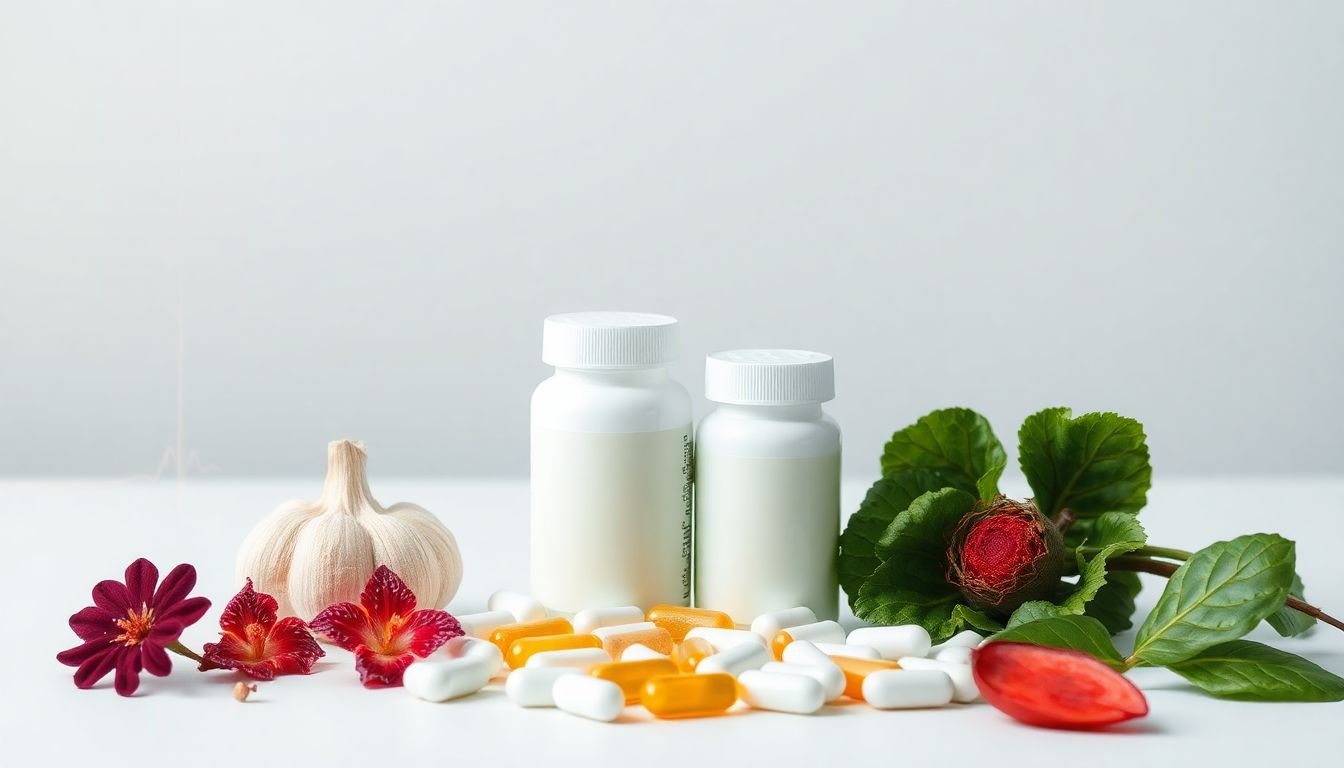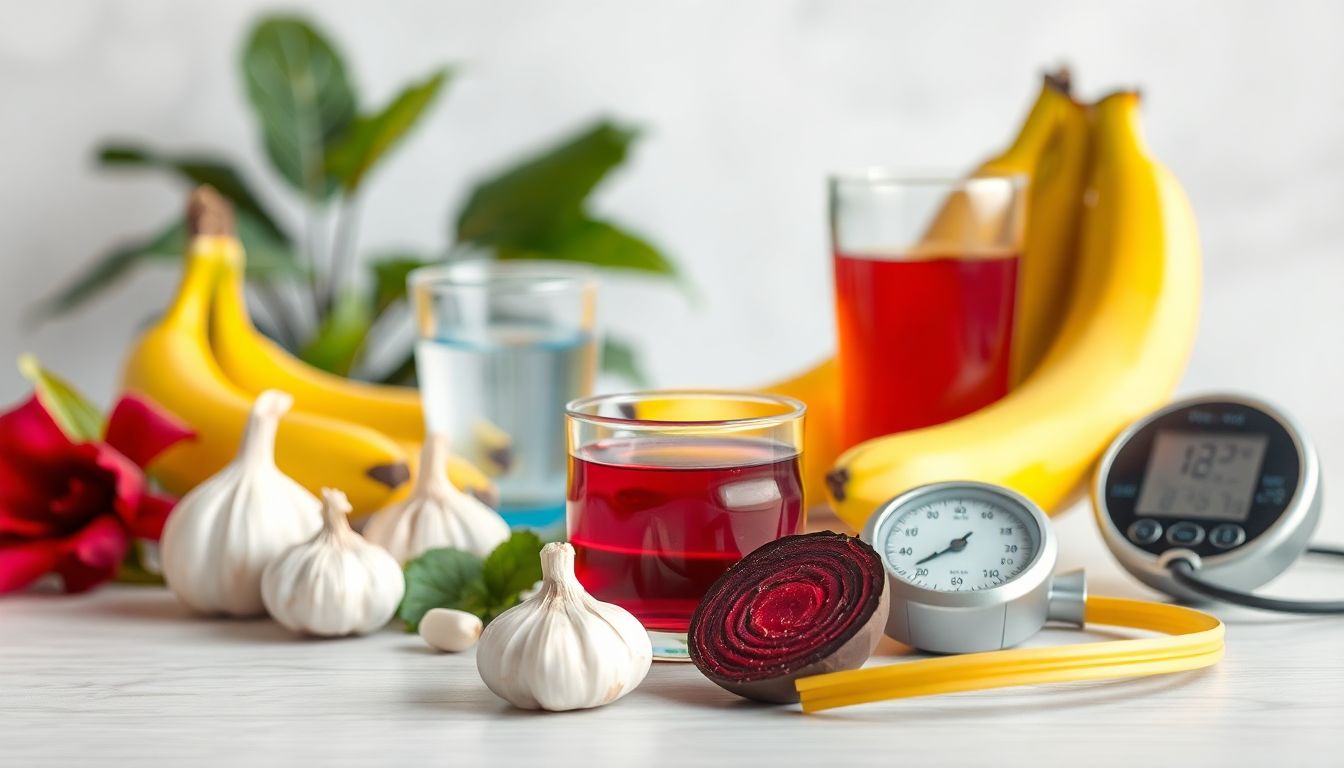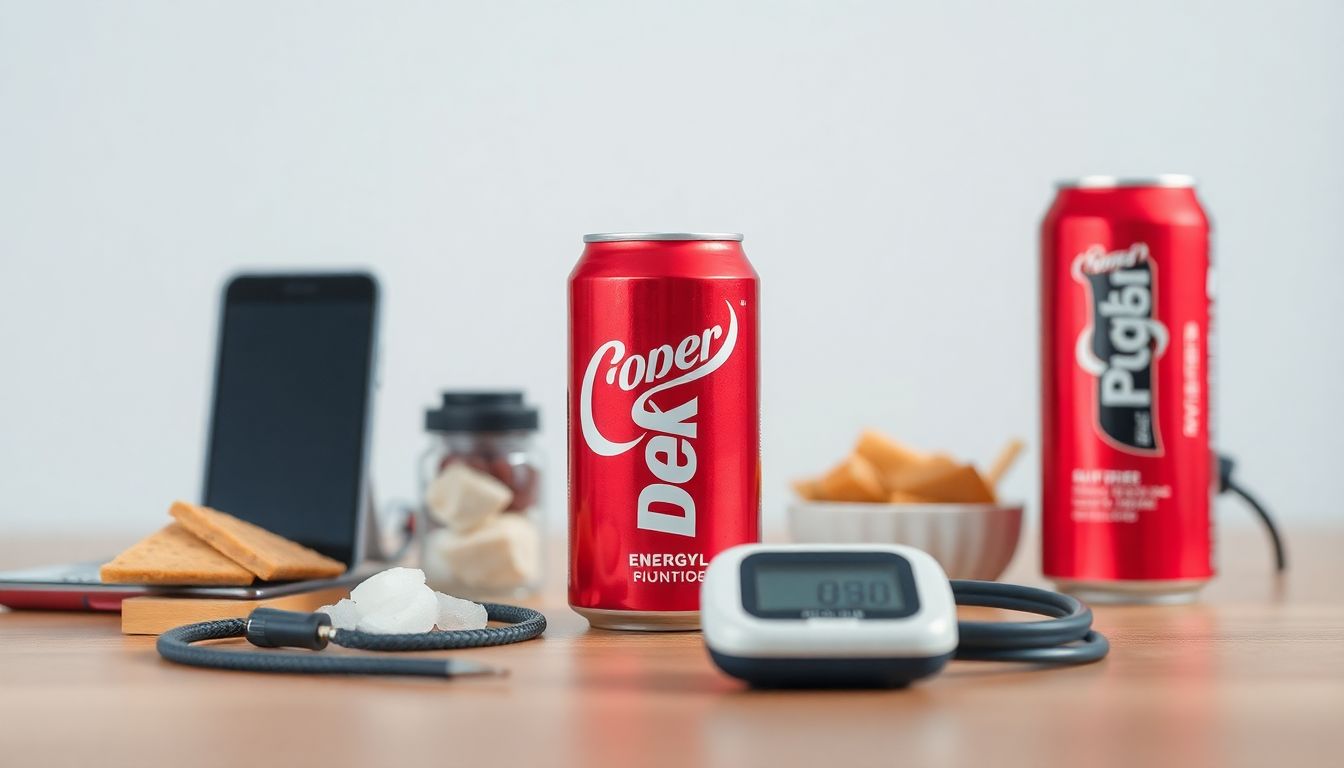🩺 Introduction
High blood pressure affects millions worldwide — and while medication is often essential, more people are turning to natural supplements to support healthy blood pressure levels.
Certain vitamins, minerals, and plant extracts have been clinically studied for their ability to relax blood vessels, improve circulation, and balance sodium levels — without harsh side effects.
In this guide, we’ll explore the top natural supplements for blood pressure, the science behind them, and how to choose the right one for your needs.
(Related Reading: The Complete Guide to Lowering Blood Pressure Naturally)
🌿 1. Magnesium
Why it helps:
Magnesium helps your blood vessels relax — a process known as vasodilation. When your arteries are relaxed, blood flows more easily and pressure naturally decreases.
Evidence:
Research published in the Journal of Hypertension found that daily magnesium supplementation reduced systolic blood pressure by an average of 4–5 mmHg in adults with hypertension.
Best sources:
- Magnesium citrate or glycinate (best absorbed)
- Found naturally in spinach, almonds, and dark chocolate
Recommended dosage:
300–400 mg daily (consult your doctor if on medications).
🍌 2. Potassium
Why it helps:
Potassium balances sodium levels in your body, helping the kidneys flush out excess salt — one of the biggest contributors to high blood pressure.
Evidence:
A major analysis in The American Journal of Clinical Nutrition showed that increasing potassium intake can lower systolic blood pressure by 4.4 mmHg and diastolic by 2.5 mmHg.
Best sources:
- Supplements (potassium citrate or gluconate)
- Bananas, avocados, sweet potatoes, and leafy greens
⚡ 3. Coenzyme Q10 (CoQ10)
Why it helps:
CoQ10 is a natural antioxidant your body produces to generate energy in cells. It helps blood vessels expand and improves oxygen use in the heart.
Evidence:
In several studies, CoQ10 lowered systolic blood pressure by up to 17 mmHg and diastolic by 10 mmHg after 8–12 weeks of use.
Best sources:
- Ubiquinol form (most bioavailable)
- Also found in oily fish and organ meats
🩸 4. Omega-3 Fatty Acids
Why it helps:
Omega-3s from fish oil or algae oil help reduce inflammation, improve arterial flexibility, and support overall cardiovascular health.
Evidence:
Meta-analyses show that 2–3 grams of EPA/DHA daily can lower systolic blood pressure by 4 mmHg on average.
Best sources:
- Fish oil supplements (look for IFOS-certified for purity)
- Flaxseed oil and chia seeds (plant-based alternatives)
🌺 5. Hibiscus Extract
Why it helps:
Hibiscus contains anthocyanins — compounds that act as natural ACE inhibitors, similar to how some prescription medications work.
Evidence:
A study in the Journal of Nutrition found that drinking hibiscus tea daily for six weeks lowered systolic blood pressure by 7 mmHg in adults with mild hypertension.
Best sources:
- Hibiscus extract capsules or tea
- Often combined with beetroot or hawthorn in heart health blends
🧄 6. Garlic Extract
Why it helps:
Garlic naturally supports nitric oxide production, which helps your arteries stay flexible and open.
Evidence:
Garlic supplementation has been shown to lower systolic blood pressure by 8–10 mmHg on average in people with high blood pressure.
Best sources:
- Aged garlic extract (odorless and potent)
- Raw garlic for natural intake
🧬 7. L-Arginine & L-Citrulline
Why they help:
These amino acids promote the production of nitric oxide, a molecule that widens blood vessels and improves blood flow.
Evidence:
A review in Nutrition Journal found that L-arginine supplementation reduced systolic blood pressure by 5.4 mmHg.
Best sources:
- L-arginine or citrulline malate supplements
- Watermelon and nuts contain small natural amounts
💊 8. Hawthorn Berry
Why it helps:
Hawthorn improves circulation, reduces oxidative stress, and supports heart muscle strength. It’s often used in traditional medicine for hypertension.
Evidence:
Studies show hawthorn extract can reduce diastolic pressure and improve blood flow to the heart.
Best sources:
- Standardized hawthorn extract (2–3% flavonoids)
✅ Choosing the Right Supplement
Not all blood pressure supplements are created equal. Here’s what to look for:
- Clinically dosed ingredients — backed by human studies
- Transparency — full ingredient list and dosages
- Quality manufacturing — GMP certified and third-party tested
- No artificial stimulants or fillers
🩺 Tip: Many people prefer all-in-one formulas that combine multiple proven nutrients (e.g., magnesium, CoQ10, and hibiscus) in one daily serving.
(Read: BP Zone Review: Benefits, Ingredients, and Results)
⚠️ Safety and Precautions
While natural doesn’t mean risk-free, these supplements are generally well-tolerated when taken as directed.
- Always consult your doctor if you’re taking blood pressure medication — especially diuretics, ACE inhibitors, or beta-blockers.
- Avoid doubling up ingredients (for example, taking CoQ10 separately if your main supplement already includes it).
- Start with one formula and monitor your blood pressure weekly.
(See: Is It Safe to Take Blood Pressure Supplements with Medication?)
⏳ How Long Until You See Results?
Most people begin to notice improvements in blood pressure readings within 4–8 weeks of consistent use, especially when combined with lifestyle changes like a healthy diet, regular exercise, and reduced sodium intake.
(See: How Long Do Natural Remedies Take to Lower Blood Pressure?)
💬 Final Thoughts
Natural supplements can play a powerful supporting role in managing blood pressure — especially when paired with a balanced diet, active lifestyle, and proper stress management.
If you’re looking for a trusted, research-backed blend, explore our detailed review of BP Zone, designed to help naturally support vascular health, circulation, and balanced blood pressure levels.
(Related Reading: The Complete Guide to Lowering Blood Pressure Naturally)










